We can’t escape bombastic national election coverage. However, the national election is often not the most impactful election to your daily life.
“Local government oftentimes has more to do with your life than national power,” said DePaul political science professor Wayne Steger, listing functional infrastructure, safe and reliable public transportation, clean water, education quality and racial court disparities as examples of the instrumental role local government plays in citizens’ day-to-day.
We’re sure you’re aware of the national Democratic primary and the contested and massively expensive Cook County State’s Attorney bonanza between Kim Foxx and DePaul business professor Bill Conway, but check out some lesser-known, but equally as important, races on the ballot.
How we reported this story:
When reporting this story, we selected races that we determined to be especially relevant for DePaul University students based on our own knowledge of Illinois politics as reporters and the advice of the 14 East staff.
Once we determined which elections were most useful for DePaul students, we went through and contacted every single candidate for whom we could find contact information. Candidates Kina Collins and Craig Cameron of the 7th district were unavailable for comment after attempts at interviews via email for Collins and Twitter for Cameron. Candidates Justice P. Scott Neville Jr., Richard Boykin and Congressman Mike Quigley were unavailable after attempts at interviews via phone and email. Candidates Shelly Harris, Nathaniel Howse and the Green Party Candidates were unavailable for comment after attempts to contact via email. Tommy Hanson was unavailable after attempts to contact via phone. Shundar Lin’s contact information could not be located.
Clerk of the Circuit Court:
After 20 years of disarray under Dorothy Brown, the Clerk of the Circuit Court is finally up for grabs.
While in many cities this position is appointed, the Cook County Clerk of the Circuit Court is an elected administrative position. The clerk is the official keeper of records for judicial matters in the Circuit Court of Cook County, one of the largest unified court systems in the country. The office retains every court record in Cook County and makes those records accessible to judges, lawyers and the public.
Under Brown’s leadership, the office has seen a fair share of controversy. It has been criticized for a slow modernization process in digitizing court case files, federal investigations and accusations of patronage and gift accepting.
All four candidates are running on the same basic principles – corruption and patronage needs to cease, the office needs to be digitized and services need to be more accessible to the public.
According to Steger, candidates also need to balance the press for automation with the fact that many of the more than 1,400 employees could be eliminated and that it’s expensive to automate.
And because of these paper files, documents can get lost.
“Not having technology in place means that prisoners’ paperwork gets lost regularly and they end up spending days and weeks in jail,” said court clerk candidate and attorney Jacob Meister.
The Clerk of the Circuit Court oversees a $124 million budget and racks up roughly $70 million in fees and fines. The winner of the primary will face Republican Barbara Bellar, attorney and physician running unopposed, in the November general election.
The Candidates
Richard Boykin
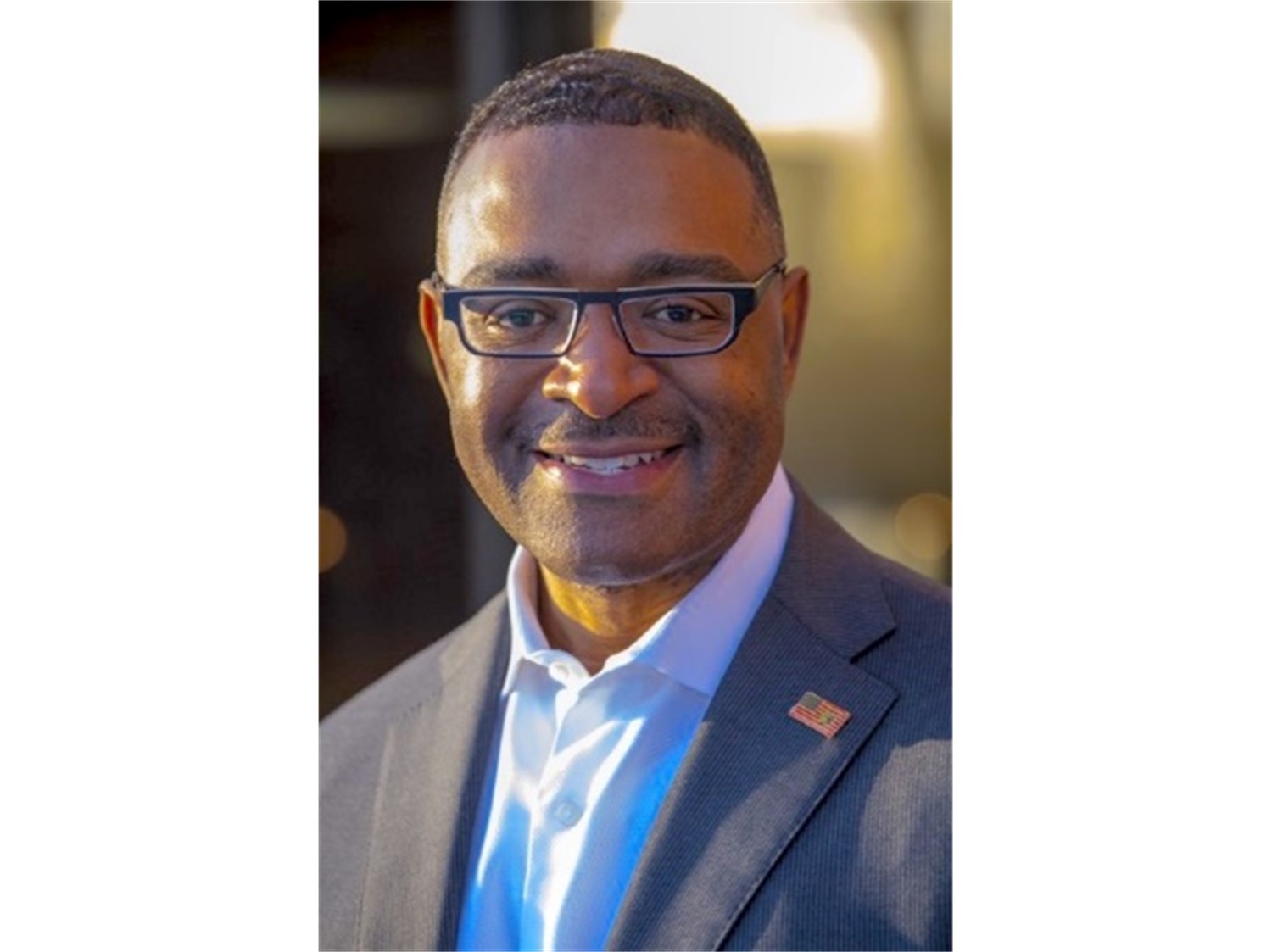
- Danny K. Davis’s former chief of staff and legislative director, 2014-2018 Cook County Commissioner for the 1st District, current attorney
- Platform:
- Expanding automatic expungement plan to include criminal records for minor criminal charges dropped or dismissed within 120 days at no cost
- Eliminating corruption and patronage
- Better case management: increasing remote access to documents
Michael Cabonargi
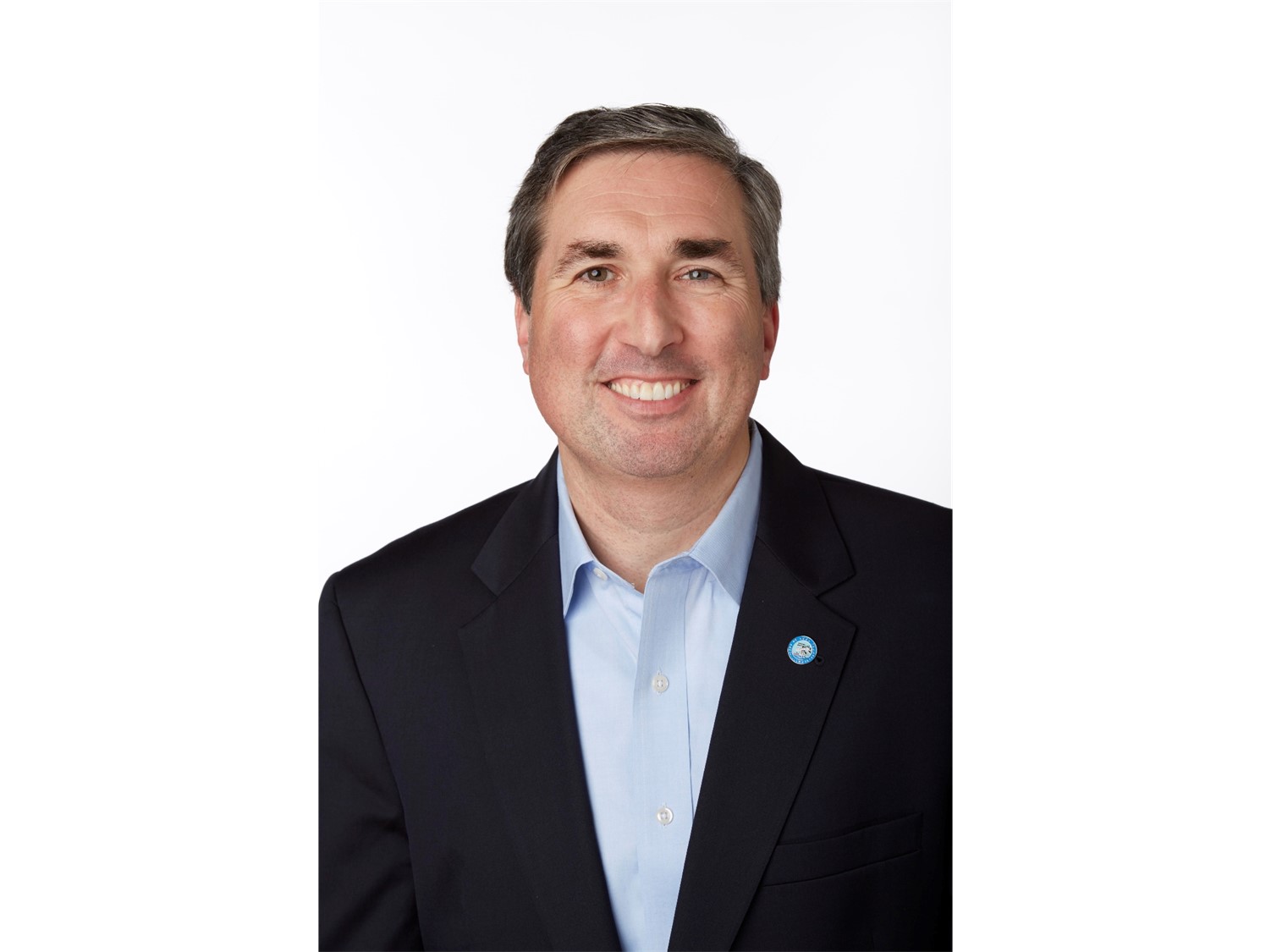
- Current commissioner of the Cook County Board of Review, which reviews property assessment appeals in Cook County, where he worked to modernize their practices by digitizing and expanding language options on appeal forms
- Former prosecutor for the Securities and Exchange Commission
- Endorsed by Cook County Democratic Party, Sun-Times, Congresswoman Jan Schakowsky and State Rep. Kelly Cassidy (D-Chicago)
- In 2018, Cook County Board of Ethics said he exceeded caps on political contributions from people or businesses that sought rulings from the Board of Review and ordered Cabonargi to return $68,950 worth of donations. Donations are limited to $1,500 in an election year.
- Platform:
- Reducing the cash bail the office receives to the minimum of $5 per case
- Expanding office to be subject to the Freedom of Information Act
Quotes:
“I am the best candidate for younger voters, I have a proven track record of progressive policies and have actually taken an office from the 20th century and moved it into the 21st century. When I first took over the office taxpayers had to complete a paper form and submit any evidence in hard copy in order to submit a complaint and supporting evidence to the Board.”
Iris Martinez

- 17-year tenure as the 20th District State Senator, Assistant Majority Leader of Democratic Caucus
- First Hispanic Woman in the state senate
- Platform
- Respecting union contracts
- Introducing online payments of court costs and filing fees
- Introducing legislation to make the office subject to FOIA
- Plans on firing employees she feels contributed to mismanagement
Quotes:
“Since 2003, I am the Illinois State Senator for the 20th District, but I spent most of my adult life fighting for and helping people, fighting for working families and breaking barriers for women and people of color. I will end the neglect, mismanagement, and corruption that has plagued the Cook County Circuit Court Clerk’s Office for decades and help usher in a new era rooted in government reforms. I'll bring that same passion, dedication, and ability to produce results to the Cook County Circuit Court Clerk’s Office.”
Jacob Meister
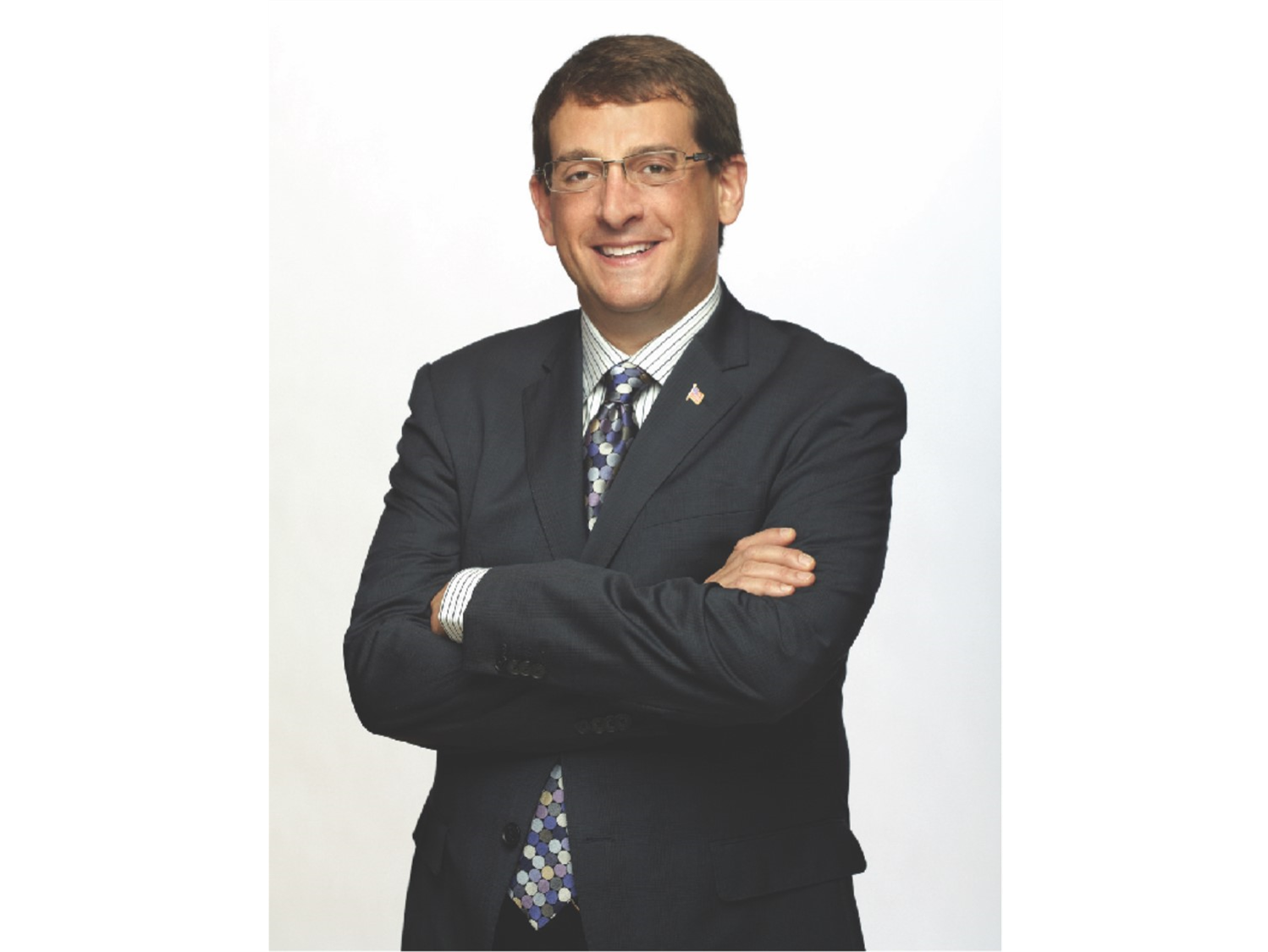
- Practicing attorney for 29 years, ran against Brown in 2016
- Founder and chairman of civil rights law nonprofit The Civil Rights Agenda, which fights in court for LGBTQ individuals.
- Platform:
- Proposing “access-to-justice” program to increase accessibility for litigants representing themselves in court
- Expediting expungement process for residents eligible under Illinois’ Cannabis Regulation and Tax Act
- Working towards removing the clerk position from the ballot in future because he believes it’s an administrative office that needs efficiency not politics
Quotes:
“Social justice is on the ballot and what the clerk’s office does is impact social justice. That’s what I’m all about. I want to make the courts accessible and transparent to everyone.”
“I’m certainly the most progressive candidate in the field with pretty progressive ideas that will have our courts operating so that people like you will completely understand.”
(All images either provided by candidate or from their campaign website)
Supreme Court Vacancy First District:
The Supreme Court of Illinois is the highest judicial body in the state of Illinois made up of seven members from five appellate districts of Illinois, with three justices from the First District, which contains Cook County. They each serve for 10 years. With this vacancy in the First District, the winner will be replacing the first Black justice elected to the Supreme Court, the late Chief Justice Charles E. Freeman, who retired in 2018. The 5th Judicial District in southern Illinois also has a vacancy with the retirement of Republican Justice Lloyd Karmeier.
The First District seat has been held since 2018 by candidate Justice P. Scott Neville Jr., the second Black justice, who was appointed to fill the vacancy. Because there is no Republican primary candidate running for the First District, this vote will determine who will take the seat. Diversity on the court has been a prominent issue in this race. Freeman was the only Black Justice, so the Supreme Court of Illinois has the potential of an all-white panel for the first time since 1990.
The court is the final decision maker on important issues. Candidate Cynthia Cobbs listed marriage, divorce, sales and consumer service contracts, landlord-tenant matters, traffic rules and regulations, driving under the influence, driver’s license suspensions/revocations and debt collections as some examples. Recently, the court decided to not drop charges against Jussie Smollett, and last year they rejected a prosecutor’s bid to re-sentence Jason Van Dyke.
“The Illinois Supreme Court does more than just decide cases,” attorney and candidate Daniel Epstein said. “It writes all the rules of procedure, evidence, and ethics that control how our courts operate. In other words, the Illinois Supreme Court is a policy maker…”
Candidate Margaret McBride emphasizes how the Supreme Court doesn’t necessarily have a constituency. This makes it difficult to run a campaign or, in many cases, have a set platform, so they run on their (typically very extensive) credentials which can be explained in much greater detail than we can manage on their website.
“Judges really impact everyone’s lives and you don’t realize until you go into the court,” McBride said. “The Supreme Court of Illinois decides important issues that affect all of us all the time, but we’re at the bottom of the ballot.”
The Candidates
P. Scott Neville Jr. (incumbent)
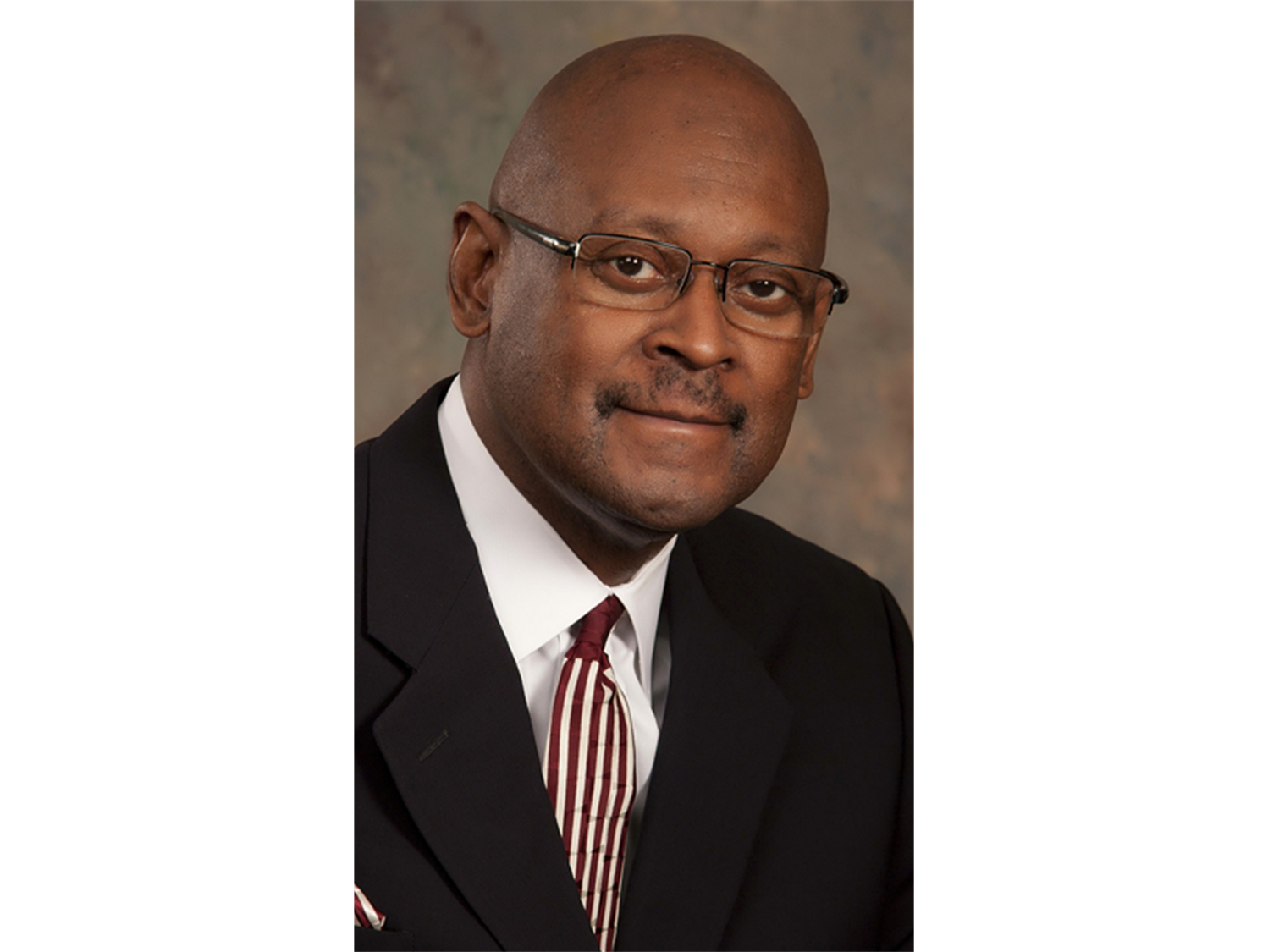
- Current Supreme Court justice by appointment
- Worked as an attorney, an appellate court judge and a circuit court judge, and with public and private entities (including the CTA)
- President of the Cook County Bar Association 1997 to 1999
- Endorsed by the Cook County Democratic Party, the Chicago Federation of Labor, U.S. Representatives Danny Davis and Bobby Rush
- Faced criticism when it was uncovered he was receiving tax exemptions for a home he didn’t own
- Issued “Highly Qualified” ratings by the Chicago Bar Association and Illinois State Bar Association and “Well Qualified” by Chicago Council of Lawyers
Cynthia Cobbs
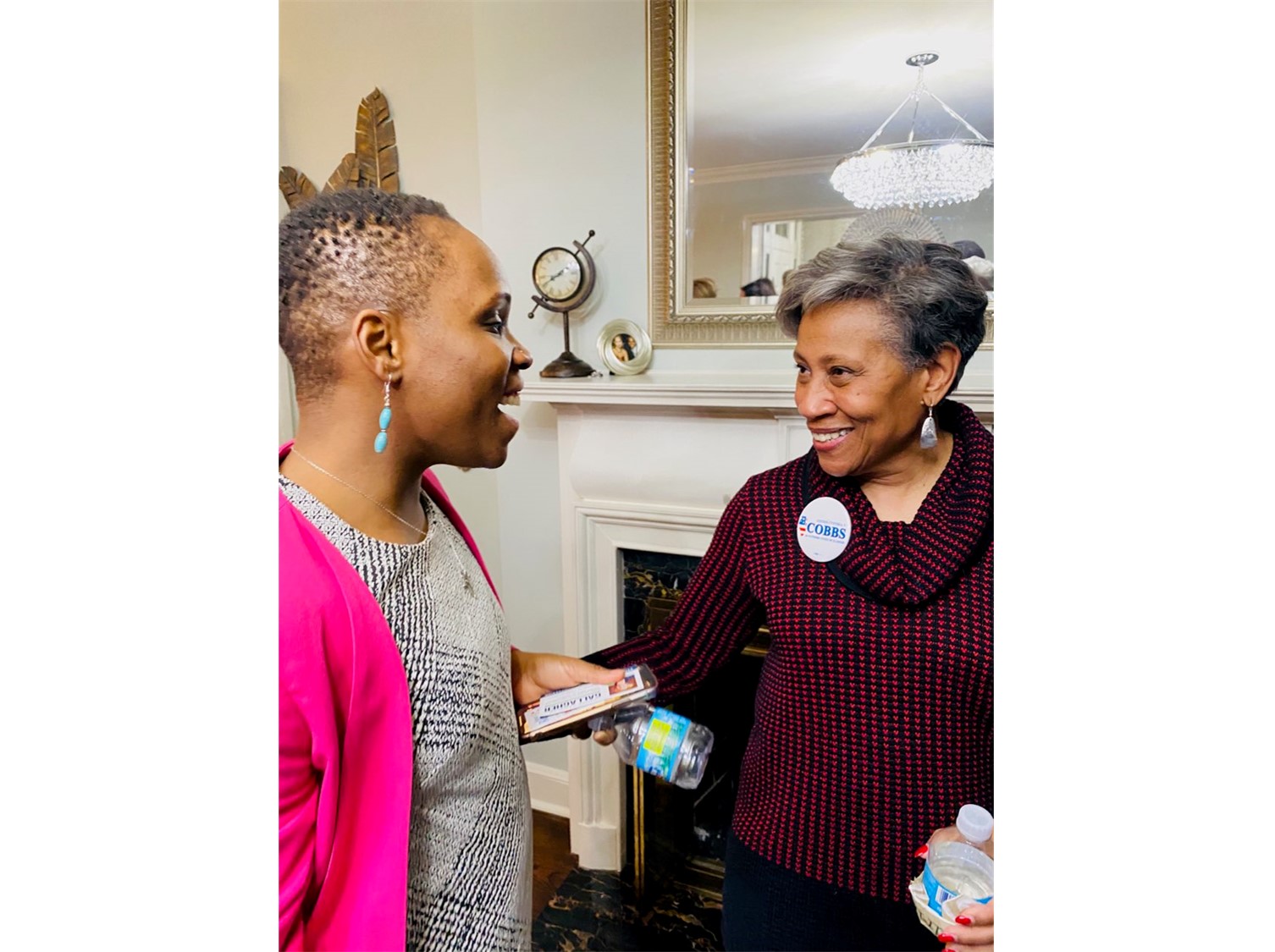
- Currently serving the Illinois Appellate Court, she was appointed in 2015
- Former Director of the Illinois Courts where she managed the administrative office
- If elected, Cobbs would be the first Black woman to hold the position
- “Qualified” ratings from the Chicago Bar Association, Chicago Council of Lawyers and Illinois Bar Association
Quotes:
“I think I am a good candidate for young voters because I care about young people; and I have first-hand experience with them. After I graduated from college, I received my Master’s degree in clinical social work from the University of Maryland. I worked as a social worker, advocating and protecting allegedly abused and neglected children in courtrooms and handled many difficult cases.”
Daniel Epstein

- Attorney at firm Jenner & Block until he left to campaign
- Focused his campaign not on opinion-making duties of court but instead potential to accomplish progressive reform like ending cash bail and mass incarceration, advocating for restorative justice, and ending the practice of letting judges determine their own conflicts of interest
- Unlike other candidates, his platform is bolstered less by his background and more by ideas
- 34, youngest candidate in the race
- Endorsed by progressive organizations Personal PAC, Our Revolution and Action Now
- “Not recommended” by the Chicago Bar Association, Chicago Council of Lawyers and Illinois Bar Association citing his lack of judicial experience
Quotes:
“The fairest judge cannot achieve justice in an unfair system. We need a fair system. I am the only candidate proposing reforms that address the systemic root of problems we are experiencing in our justice system...If you want a better justice system tomorrow than the one we have today, then vote for the only candidate who has laid out a plan for change.”
Shelly Harris

- Currently serving as a Justice the Illinois Appellate Court, elected in 2010, 30 years of experience as a trial lawyer, 10 years as a Circuit Court Trial Judge
- Emphasizes his common sense, fairness and equality in his decisions like denying gun permits based on prior police reports
- According to Injustice Watch, he loaned his own campaign $2 million. His sons also gave $25,000 each to support the campaign of former Illinois Attorney General Lisa Madigan, the daughter of Illinois House Speaker Michael Madigan
- As reported by the Chicago Tribune, he received criticism when seeking Democratic backing in August for saying a voters shouldn't consider candidate’s race
- “Qualified” ratings from Chicago Bar Association and Chicago Council of Lawyers. “Not Qualified” rating by Illinois State Bar Association
Jesse Reyes
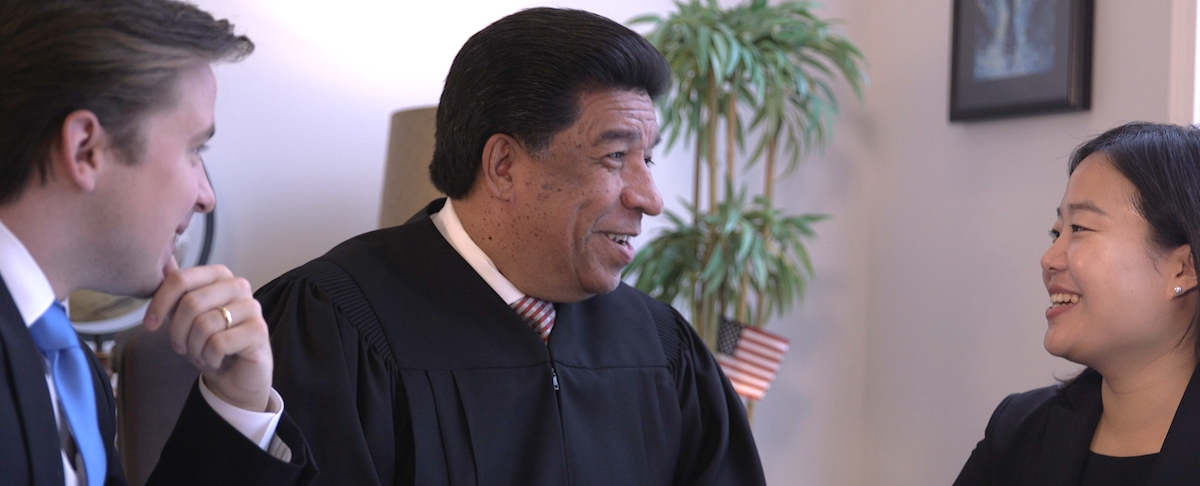
- First Latinx man serving as a Justice of Illinois Appellate Court, appointed in 2012
- President and Co-founder of the Diversity Scholarship Foundation in 2002 to help young people of color financially after seeing a lack of diversity in the profession
- Supports bail reform and more lenient stance on criminals with mental illnesses
- If elected, would be the first Latino Justice on the Illinois Supreme Court
- Endorsed by the Daily Herald, Congressmen Jesús “Chuy” Garcia and Citizens in Action
- Ranked “Highly Qualified” by the Chicago Bar Association and Illinois State Bar Association and “Qualified” by the Chicago Council of Lawyers
Quotes
“I've always had a progressive agenda in terms of trying to push issues that need to be addressed. For example with the diversity scholarship foundation, when we established that it wasn’t popular to talk about or promote diversity.”
Margaret McBride
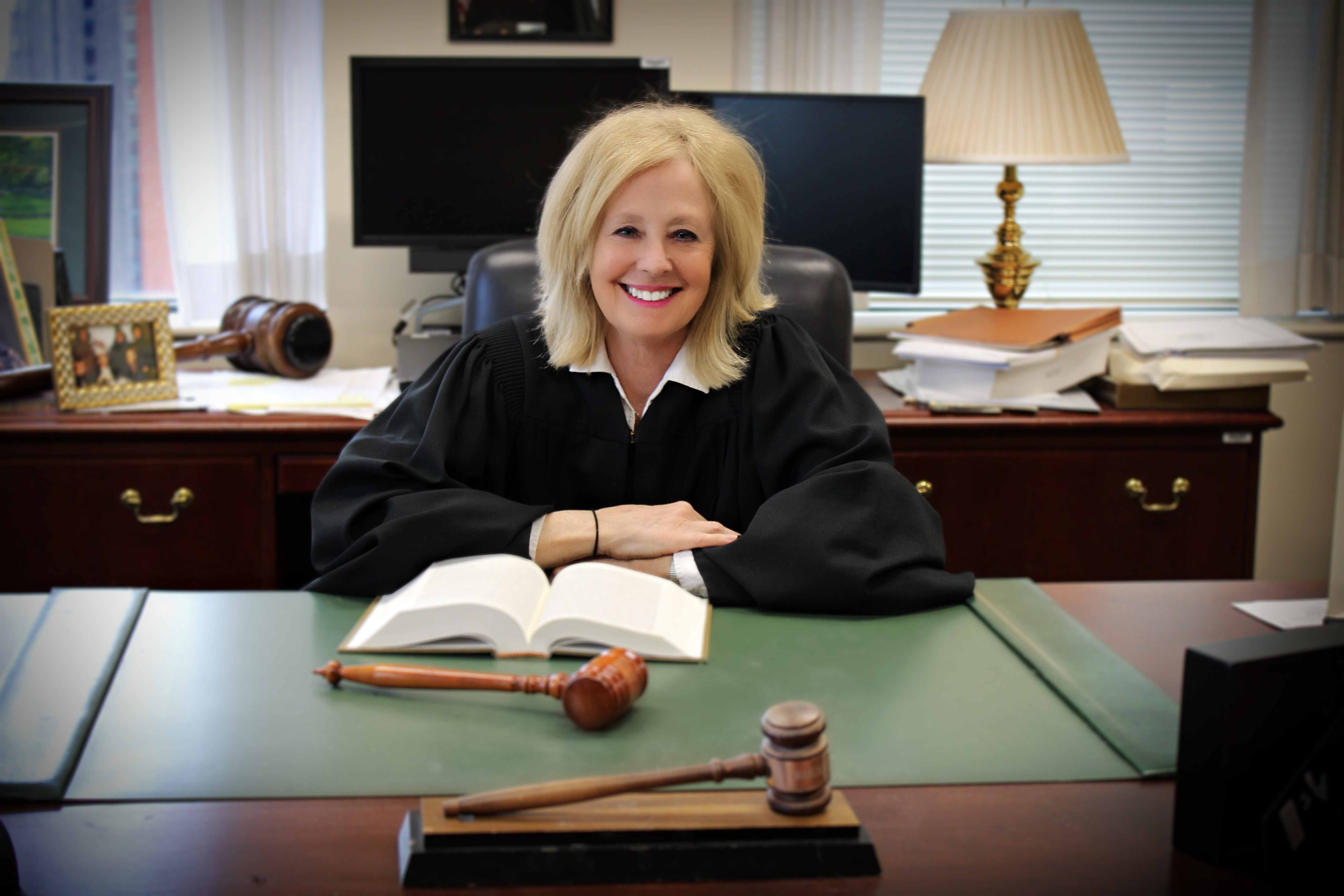
- DePaul alumnus, Chair of the DePaul Law School Alumni Judges Committee
- Served as a Justice for the Illinois Appellate Court for 20 years, a judge for more than 32 years, and Assistant State’s Attorney for 10 years
- As a Circuit Court judge, McBride was named the first-ever domestic violence coordinator for the Cook County Circuit Court, where she created uniform policies for domestic violence cases and helped to make domestic courts more child-friendly
- Rated “Highly Qualified” by the Chicago Bar Association and Illinois State Bar Association and “Well Qualified” by the Chicago Council of Lawyers
Quotes
“I’m the most qualified. I’ve tried more cases than any of the judges probably combined because I sat in the trial courts for 12 years...I’m not a political person, I’ve always run on my record. I’ve run on my qualifications. I’m doing that again. In 200 years, there hasn't been a single branch of government at the state or federal level where we’ve had a majority of women… If I’m elected, it will be the first time in the court's 200-year history that we would actually have a majority of women on the Illinois Supreme Court.”
“The most important is that [voters] have to educate themselves because the difficult thing about judges is that we have a code of conduct so we cannot say we are for this or for that because we must always remain neutral.”
Nathaniel Howse
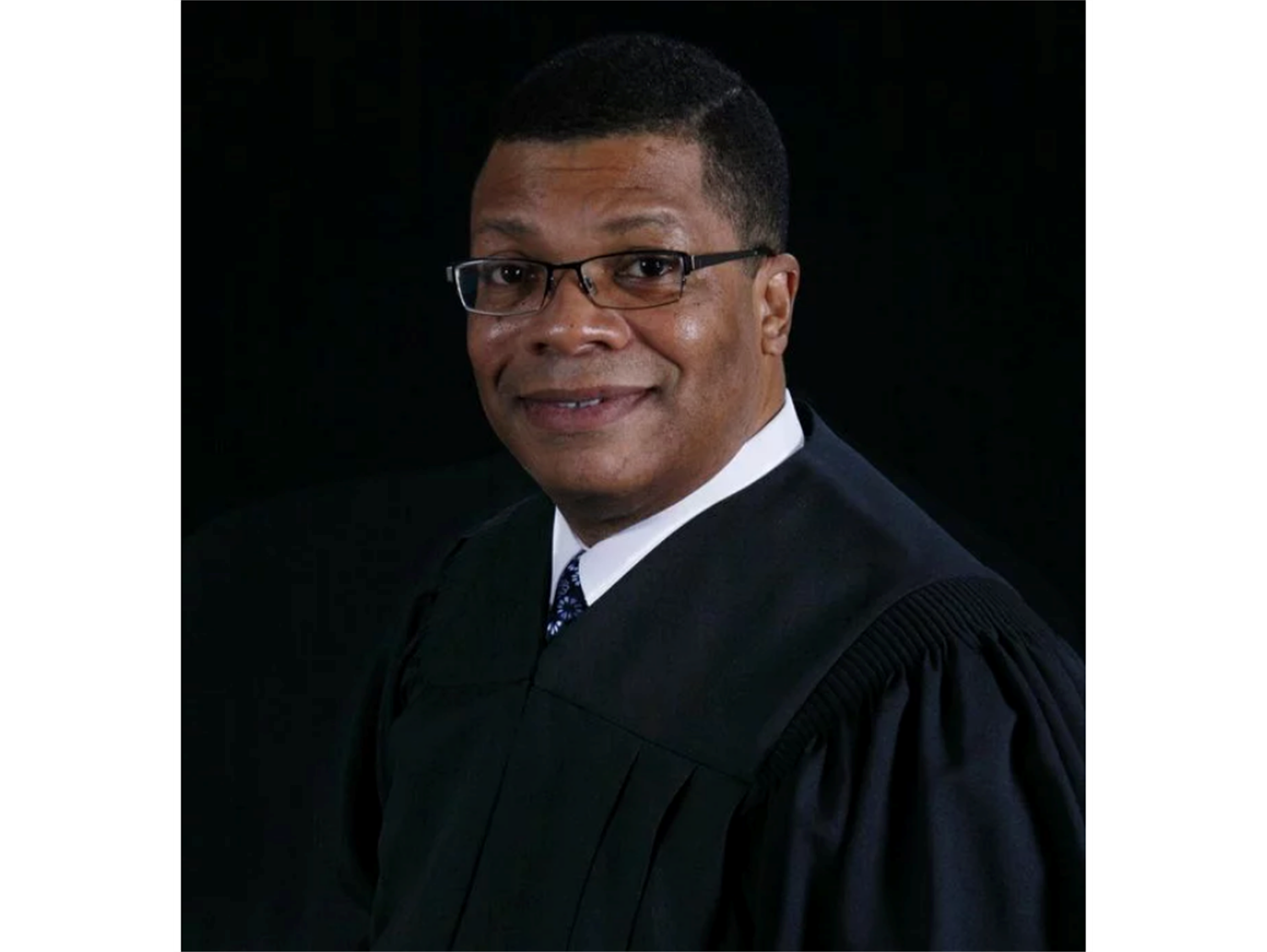
- Justice of the Appellate Court since 2009, Judge of the Circuit Court of Cook County for two 6-year terms, former attorney
- Former Lead Attorney for the Harold Washington Party, a party founded in the late 1980s to represent Black citizens who were dissatisfied by the Democratic Party
- Endorsed by Illinois Secretary of State Jesse White, U.S. Congresswoman Jan Schakowsky
- Rated “Qualified” by the Chicago Bar Association, “Highly Qualified” by Illinois State Bar Association and “Well Qualified” by the Chicago Council of Lawyers
(All images either provided by candidate or from their campaign website)
Metropolitan Water Reclamation District Commissioners
The Metropolitan Water Reclamation District of Greater Chicago (MWRD) oversees water-based infrastructure for the metropolitan Chicago and 128 suburban communities. The nine elected commissioners are in charge of safeguarding waterways and Lake Michigan, treating wastewater and providing stormwater and flooding management.
Commissioners serve on the board for six years, with three commissioners getting elected or re-elected every two years. On March 17, voters will elect three board seats currently held by MWRD Chairman of Finance Frank Avila, Cameron Davis and Kimberly DuBuclet. The Republican primary MWRD race was canceled this year so one Republican candidate, Shundar Lin, is running as a Democrat.
Founded in 1889, the district has been deeply rooted in Chicago’s aquatic history. In the early 1900s, MWRD, then known as the Sanitary District of Chicago, reversed the flow of the Chicago and Calumet rivers so waste wouldn’t dump into Lake Michigan. They also constructed the Tunnel and Reservoir Plan, designed to reduce flooding and improve water quality by capturing and storing rain water and sewage.
“We’re not a part of the city, county or state. We are a separate agency created to protect the health and welfare of the citizens of Cook County,” Avila said. “We’re not a judge that sentences people. We’re not a legislator that passes laws. We’re an operational agency to protect the health and welfare of the public.”
Twenty percent of the world’s surface fresh water comes from the Great Lakes, and with climate change increasing stormwater levels in Illinois, this special-purpose district is critical to ensure infrastructure remains intact.
“The Metropolitan Water Reclamation District is bearing the brunt of climate change in our region… and Black and Brown communities are disproportionately impacted by flooding in the region,” candidate Eira Corral Sepulveda said, referencing a study by the Center for Neighborhood Technology.
But much like the lead pipes beneath our feet, the MWRD isn’t untarnished. In 2014, the district lost millions of dollars after being sued over a construction dispute that was upheld at the Illinois Appellate Court. In 2017, two MWRD cops were fired after a video tape was released of them bragging about sleeping on the job and using racial slurs. As of 2016, MWRD employees are some of the highest-paid city workers, averaging salaries of nearly $98,000 a year, according to the Better Government Association.
The Candidates
Frank Avila (incumbent)

- Elected to MWRD Board in 2002, 2008 and 2014
- Chairman of Finance at MWRD, member of American Society of Civil Engineers, Society of Hispanic Professional Engineers
- Only professional civil engineer running, professional land surveyor
Quotes:
“I’m the only one that could design and build anything that we do at the district to protect the health and welfare of the public.”
Cameron Davis (incumbent)

- Former President Barack Obama’s liaison to Congress for the Great Lakes, where he advocated for an annual $300 million program to fund Great Lakes restoration. Former President and CEO of the non-profit Alliance for the Great Lakes
- Endorsed by MWRD, the Cook County Democratic Party, the Chicago Tribune, Chicago Sun-Times, Senator Dick Durbin, U.S. Representative Mike Quigley and the Chicago Federation of Labor
- Led campaign with the Alliance for the Great Lakes to ban oil and gas drilling under Lake Michigan
Quotes:
“Young voters are the first to fully feel the impacts of climate change and the Metropolitan Water Reclamation District has a tremendous role to play in fighting climate change with the right leadership. For example, the agency (meaning we as Cook County residents) pay about $40 million in energy bills every year. Much of our payments go to burning coal, so we are paying to pollute our own air, contribute to climate change, and contribute to childhood asthma.”
Kimberly Neely DuBuclet (incumbent)

- MWRD commissioner since 2018, appointed 26th District Illinois State Representative District 2011 to 2013
- Endorsed by Chicago Tribune, the Sun-Times, the Chicago Federation of Labor, Sierra Club Illinois, Illinois Secretary of State Jesse White, Mayor Lori Lightfoot, City Clerk Anna Valencia, Cook County Board President Toni Preckwinkle
Quotes:
“Having diversity on the board and having a woman’s perspective is crucial. She grew up in a home that flooded and understands the issues for low income communities and so that's important,” said Dean Alonistiotis, volunteer for DuBuclet’s campaign. “She has a track record for the work she’s done.”
Heather Boyle

- Works on engineering projects and public works for Des Plaines department of Public Works and Engineering
- Formerly managed a sewer and water firm
- Worked for local races along with Citizens in Action for Better Government
Quotes:
“I am a good candidate for young voters because I can relate to them being the youngest candidate on the ballot. I know they care deeply about the future and our environment as much as I do… We need to be proactive and the young voters are the voice of the future.”
Mike Cashman
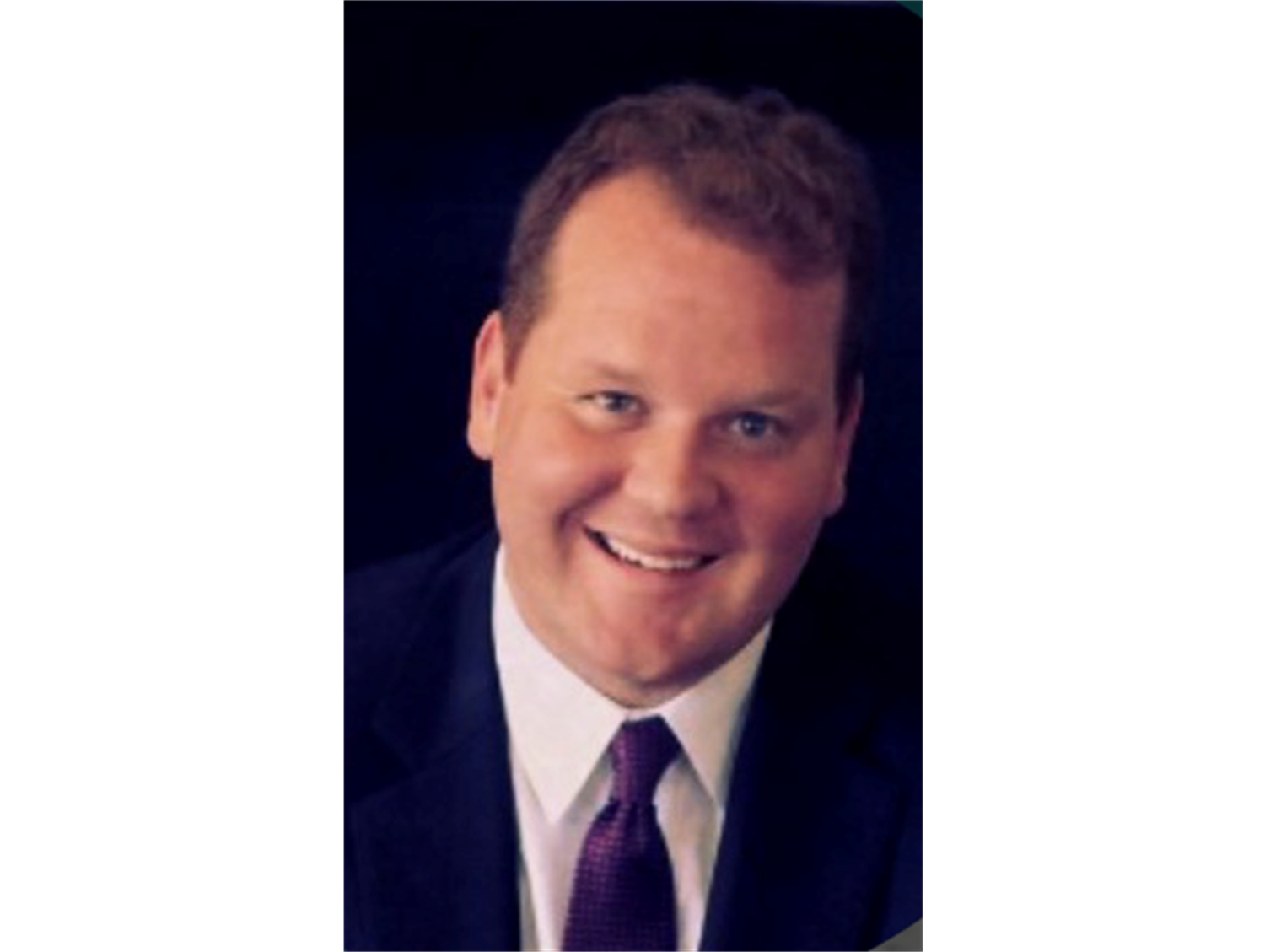
- High school teacher and coach, former Junior Board Member at the Mercy Home for Boys and Girls
- Wants to focus on impacts of stormwater and education in schools to help the public understand “what is actually happening”
- Hopes to partner with the EPA and the Department of Education to implement green technology education programs in elementary school-aged children
Quotes:
“My vision for this office is [that] of an educator. I believe the MWRD can be the leader in the fight against climate change in our region and I think it all starts with community outreach. I would like to initiate a massive public relations campaign to educate the public on the impact of stormwater on our area’s sewage, flood control and water systems.”
Eira Corral Sepulveda
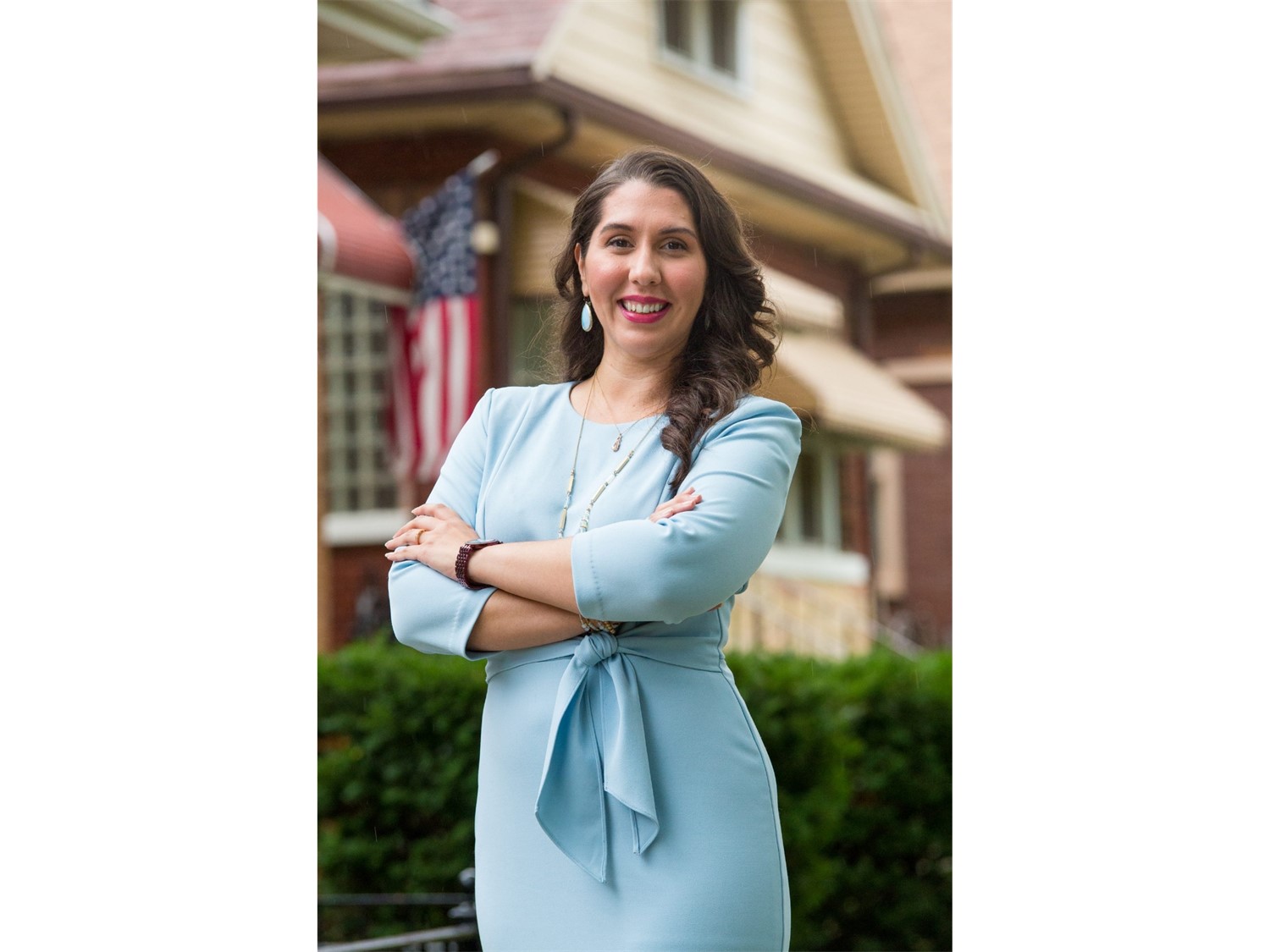
- Clerk of Hanover Park, former Media Relations and Field Coordinator for the United States Hispanic Leadership Institute, board member of the Greater Elgin Family Care Center, appointed member of the Illinois Census Commission
- Endorsed by the MWRD, the Cook County Democratic Party, the Chicago Tribune, the Daily Herald, the Sun-Times, U.S. Senators Tammy Duckworth and Dick Durbin, and Congressman Mike Quigley
- DePaul alumnus
Quotes:
“I’m a leader that represents a future that is inclusive of Cook County’s diverse communities and I have a track record of building community across racial and class lines...I believe that we have an opportunity to fight climate change….We are bearing the brunt of climate change in our region so I’m committed in engaging our neighborhoods equitably and protecting residents from floods and fighting for clean water.”
“I think it's unique to our generation to have urgency about climate change, and to have a millennial mom look to the future as a Latina with 10 years of elected experience.”
Deyon Dean
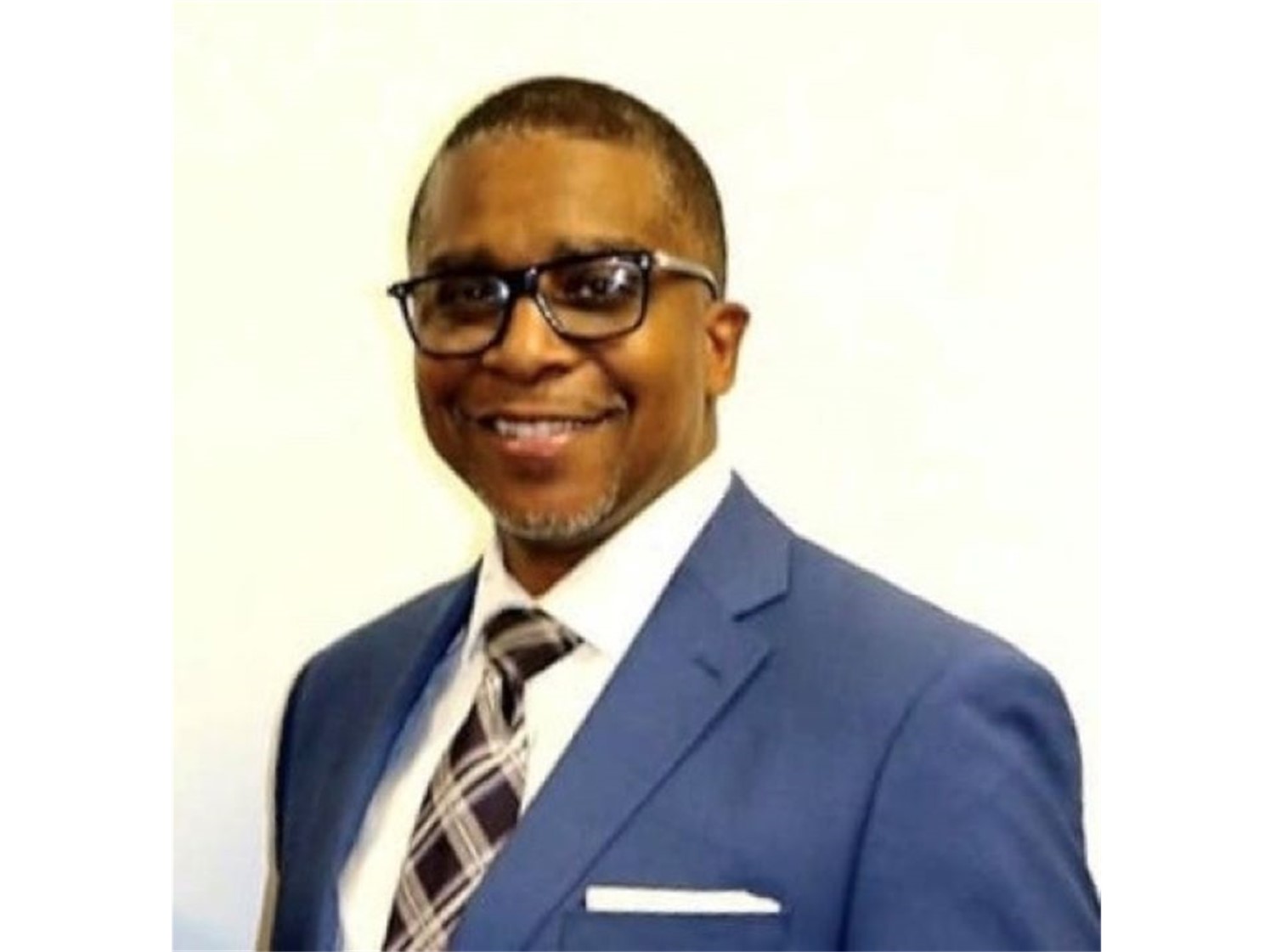
- CEO and President of Olympian Security Solutions Corporation, former Mayor of the Village of Riverdale, former Associate Director for the Department of Human Services' Division of Community Health
- Running on platform of reducing lead poisoning and cost of water bills and furthering green projects
- Accused of conducting personal and village business while getting paid for state work when mayor of Village of Riverdale. He resigned from his state job and issued a statement that did not acknowledge the allegations.
Quotes:
“The area I’m in is a big void and there's no one there to represent our water conditions. We have more flooding issues, contamination issues and I can better help in the future by making sure the 1.1 billion dollar budget of funding is allocated appropriately.”
Patricia Theresa Flynn

- Third-term Trustee of the Village of Crestwood, member of Illinois State Comptroller Susana Mendoza’s Advisory Collection, current medical assistant in a private practice dermatology clinic, worked in MWRD Calumet Plant Lab/ Pollution Control
- Union endorsement, Bricklayers local, a Plumbers local, IBEW Local and Chicago Federation of Labor, Illinois Secretary of State Jesse White
Quotes:
“Running for office was never on my ‘bucket list,’ but when a drinking water scandal emerged in Crestwood about 10 years ago, I ran a door-knocking grassroots campaign to change my local government and be a part of the Board. I ran as an angry mom, taxpayer and consumer. I succeeded and became the first woman on the Board of Trustees, now the longest serving. Legislation changed in Springfield due to this water case. Felony charges were filed. Lawsuits ensued. Voters cared...My goal is clear, clean water, clean environment. I believe that my passion for public service is evident, proven in my role as a current elected official.”
“Young voters are more aware than ever of climate change — despite the refute of science by our President, the MWRD has witnessed issues with the 50-year flood and the 100-year flood occurring at much shorter intervals. We need to protect the present and prepare for the future with early intervention.”
Michael Grace
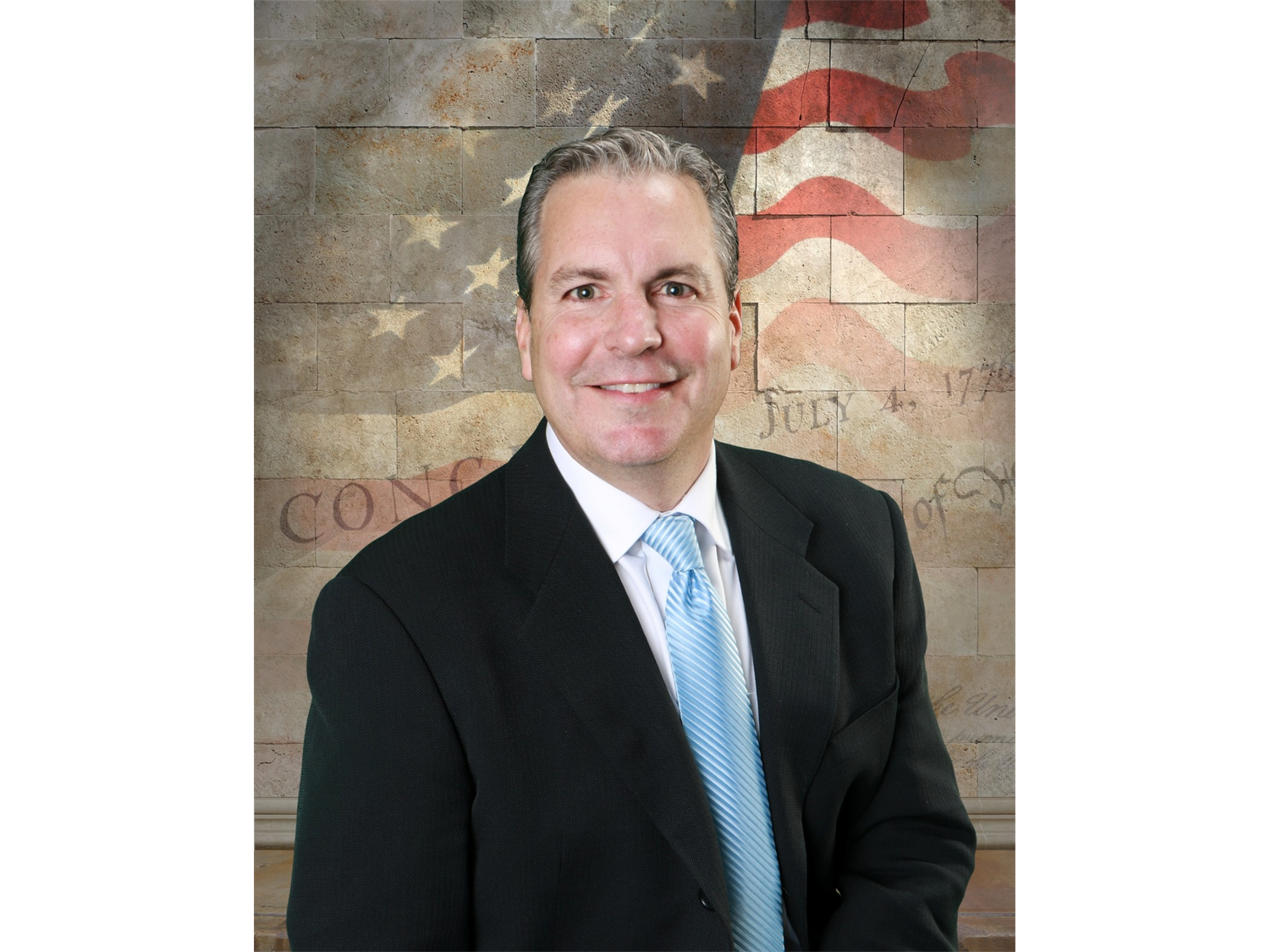
- Former Vice President, Current President Trustee of the South Lyons Township Sanitary District where he worked to modernize an old sewer system in South Lyons, said role is smaller version of what the MWRD does
- Business owner of fire and mitigation company, active member of the Chicago Board of Trade
- Endorsed by the ItalianAmerican Political Coalition
Quotes:
“I’m running as an independent because I stand behind term limits and reform. I'm not a politician and I don’t think anyone should make a career out of it.”
“I do have the experience and want to make a change, but we need more young people involved with politics. You guys are the future and, while you can't just take the reins, we want to walk you through it.”
Shundar Lin
- Retired sanitary engineer, Ph.D. in sanitary engineering, Board member of the Illinois Pollution Control Board
- Ran several times as a Republican
Green Party MWRD Candidates
Chris Anthony
- Real Estate worker who has been involved with community development
Karen Roothaan
- South Side resident
- Mathematics professor at Purdue University Northwest
Tammie Vinson
- West Side native, CPS Teacher, CTU member
(All images either provided by candidate or from their campaign website)
Quigley v. Burns – 5th congressional district
DePaul’s Lincoln Park campus sits right in the middle of the 5th congressional district, which includes parts of Lincoln Park, Lakeview, Uptown and Rogers Park.
The seat has been held by former Cook County Commissioner Mike Quigley since a special election in 2009, when Rahm Emanuel became President Obama’s chief of staff, leaving the seat vacant. As a member of the House Permanent Select Committee on Intelligence, Quigley has contributed to the Russia and impeachment investigations and helped secure funding to protect local elections.
His highest priorities are holding the president accountable, infrastructure development and gun violence prevention.
According to FiveThirtyEight, there is a 99.9 percent chance that Mike Quigley will win the seat. He won in 2018 with over 76 percent of the vote.
His opponent, Brian Burns, graduated from DePaul in 2009 and is running on a progressive platform of Medicare for All, infrastructure investment and attacking climate change with acts like subsidizing green building practices. He considers himself a political outsider, and has criticized Quigley’s ties to the Democratic Party.
The Democratic Candidates
Quigley (incumbent):

- Five-term incumbent
- Endorsed by the Chicago Tribune, the Chicago Sun Times, the Daily Herald and U.S. Senators Tammy Duckworth and Dick Durbin
Burns:
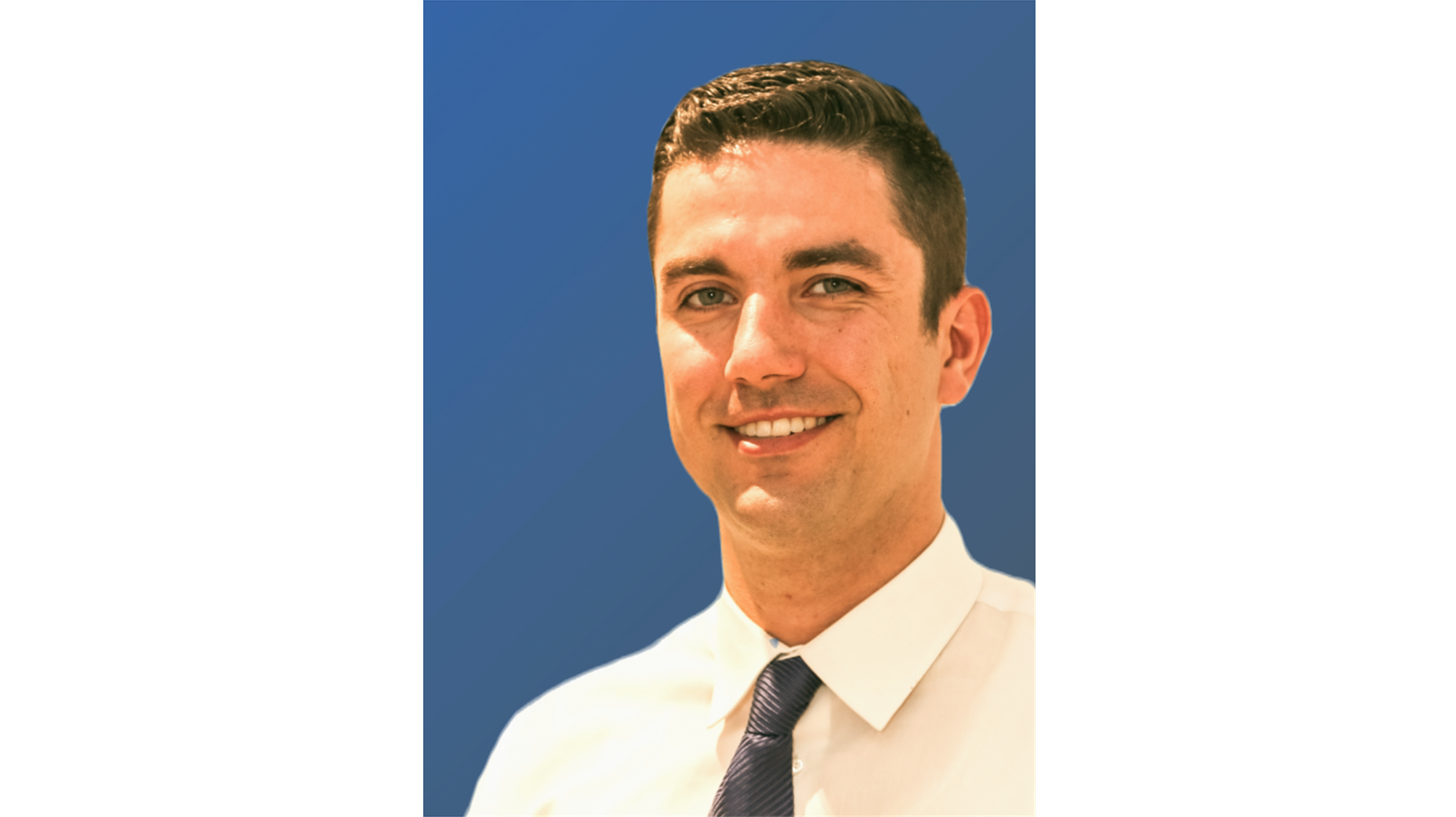
- DePaul alumnus
- Attorney
- Previously worked at FEC and CFTC in Washington, D.C.
- Recently received criticism from politicians like Illinois State Representative Kelly Cassidy for a since-deleted homophobic tweet. He acknowledged that the tweet was offensive and apologized.
Quotes
“We need leaders who are focused on the future and for me that means taking care of the environment and taking care of people … Literally every bill that gets passed needs to be seen through a climate lens and I’d go as far as to refuse funding for government programs if they don’t do a climate analysis and we don’t determine that what they’re doing is going to benefit our fight on carbon.”
“There're so many young people in the 5th district… if we want to have more progressive politics which also benefit young people the most then we should be pushing a hard progressive agenda instead of having a centrist there.”
(All images either provided by candidate or from their campaign website)
The Republican Candidates
Tommy Hanson:

- Commercial Real Estate agent
- Ran for same position in 2018
- Running on platform of anti-corruption, local pension removal and provision of school vouchers
- Told the Sun-Times he draws inspiration from Rod Blagojevich and that “CLIMATE CHANGE IS ABOUT AS REAL AS THE EASTER BUNNY AND SANTA”
Kimball Ladien:

- Physician and scientist
- Running on platform of creating a strong economy, security at home and abroad, and ending gridlock through bipartisan decision making
Quotes:
“In terms of why they should vote – democracy doesn’t work in the absence of participation. That’s how you get machines, of which Chicago is a perfect example. Chicago is a machine, not a democracy.”
(All images either provided by candidate or from their campaign website)
7th Congressional District
The race has been heating up in the 7th congressional district—where DePaul’s Loop campus is located—as incumbent Danny K. Davis faces off against three challengers in the Democratic primary.
The Candidates
Danny Davis

Davis, who has held his seat since being elected in 1996, has won by large margins in previous years; in the 2018 primary, he won over 70% of the vote before getting elected back into office. Davis spokesperson Ira Cohen, Director of Issues and Communications in his congressional office, said that Davis is the candidate for young voters.
“The issues that Congressman Davis has supported throughout his career with his vote are consistent with what young voters care about in terms of healthcare, you know, Medicare for all, bringing troops home from over 150 locations around the world, [and] environmental issues,” Cohen said.
Recently, Davis has voted in favor of the Emmett Till Antilynching Act, the No War Against Iran Act, Protecting Older Workers Against Discrimination Act and in favor of impeachment in the recent proceedings against Donald Trump.
Anthony Clark

One of the primary challengers for this seat is Anthony Clark, Oak Park native and teacher at Oak Park and River Forest High School. He ran in 2018 as well, garnering 26 percent of the primary vote. He is running on a platform of radical reform; at a forum in Austin, Clark emphasized the interconnectedness of issues in Chicago and wanting to educate voters on the issues so they can make informed decisions.
“College debt, homelessness, unaffordable healthcare, lack of livable wages, climate change, inequality and gun violence continue to disproportionately impact the futures of young voters,” Clark said. “Young voters are born into the struggle, grow up in the struggle and graduate from college to live their adult lives in the struggle.”
Clark has openly campaigned for federal legalization of cannabis, Medicare for All, gun control reform—including reform regarding donations to congressional representatives from gun lobbies—and the Green New Deal, which have all been hot-button issues for progressive candidates.
Kina Collins

Austin native Kina Collins has been a community organizer since 2015, working first in Louisiana before founding the Chicago Neighborhood Alliance. She also worked as a staffer for now-governor J.B. Pritzker’s 2018 campaign before quitting over racially-insensitive comments.
Collins’s focus has been on gun violence and criminal justice reform, as well as health care reform—she supports Medicare for All—and environmental reforms in the form of the Green New Deal. Collins said in the Chicago Tribune that if elected, she will remain in the Austin neighborhood, because “those closest to pain should also be closest to power.”
Kristine Schanbacher
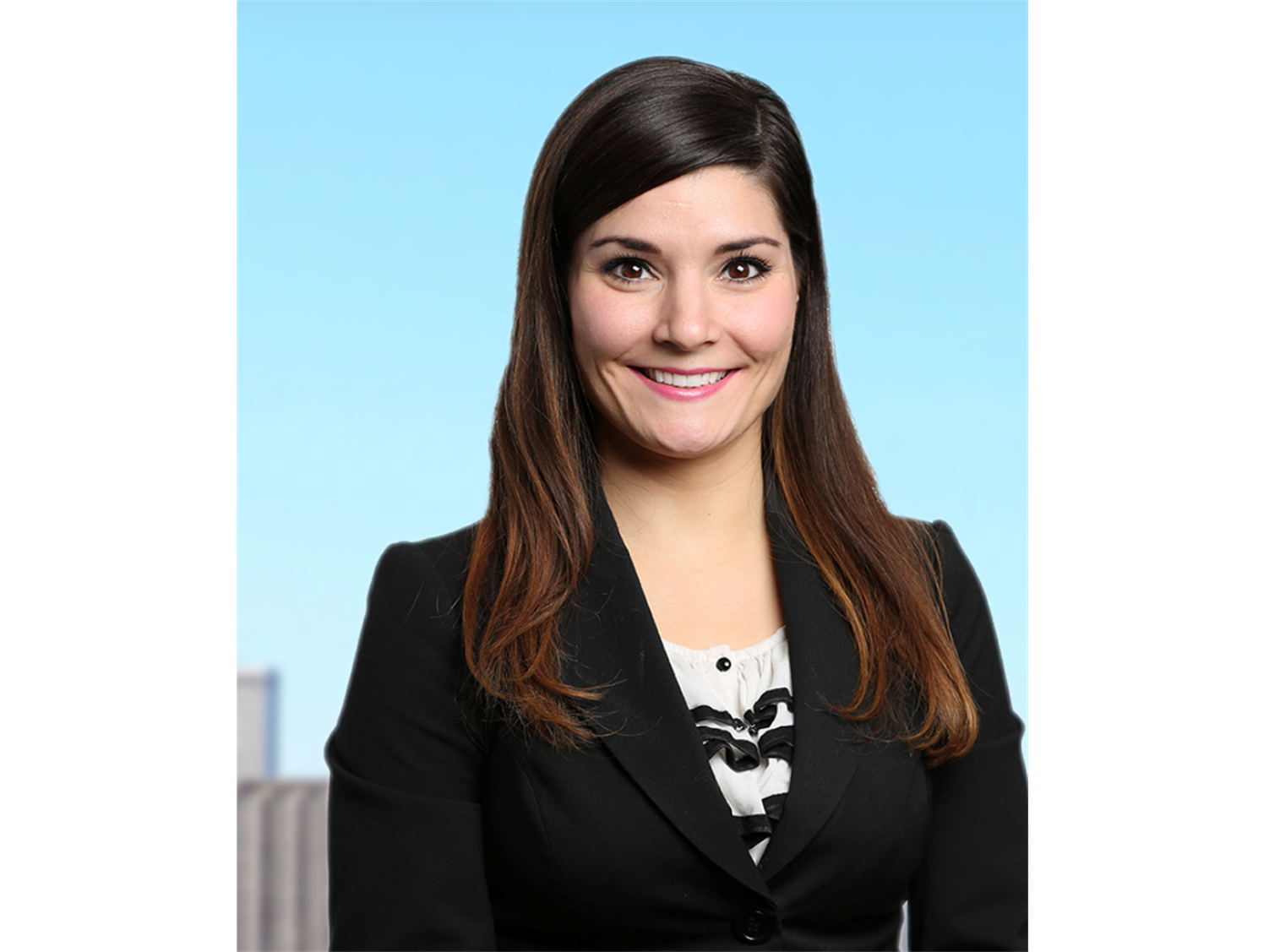
The fourth candidate in the Democratic primary for the 7th district is Kristine Schanbacher, attorney and human rights advocate. Her pro bono work as an attorney has included reinstating wrongfully terminated SNAP benefits, getting asylum for a transgender woman fleeing from Mexico and overturning a statute that would have shut down all abortion clinics in Wisconsin.
According to Schanbacher, in the 7th district, which is the 8th-most Democratic district in the country, it is imperative for the representative to be a backstop against the GOP.
“This is the district where we need a sledgehammer for the Democratic cause, and it’s an opportunity we’re not using,” Schanbacher said. “Young voters can change that.”
Some of Schanbacher’s main issues include criminal justice reform, including federally legalizing cannabis, implicit bias training for police officers and increasing gun control, raising the minimum wage to a living wage, the Green New Deal, and student loan reform.
Republican Candidate:
Also on the ballot is Craig Cameron, running for the GOP. In a questionnaire with the Chicago Sun-Times, he emphasized financial reform, citing wanting to lower taxes, promote infrastructure development and identify funding sources for inner city schools. His website is currently populated with filler text.
Independent:
On the ballot for the general election Tracy Jennings, a public service administrator in various state agencies and founder of Total Christian Life Ministry, running as an independent.
On his website, Jennings says that he wants to pursue community conversations in the 7th district to find out what constituents want, create jobs through a pro-market approach, protect and increase funding for public schools and curb violence through grassroots approaches.
(All images either provided by candidate or from their campaign website)
Referenda
Just like ancient Greeks in Athens who voted directly on the issues in their city, ballot initiatives are the way that the average voter can directly vote on issues in their communities. While many of us may go into voting booths without paying much attention to the long questions on referenda, these initiatives can change the way a city is run, the local government is structured and much more.
This year in Burr Ridge, Lynnwood and Westchester, there is a ballot initiative to make each community a home rule unit. Home rule units in Illinois are municipalities or counties that either exceed a population of 25,000 or have passed a referendum to make that community a home rule unit.
Once home rule status is granted, the municipality or county can elect a chief executive officer and govern over local issues with autonomy, rather than having to go through state-level governing bodies. There are 217 Illinois municipalities with home rule, but Cook County is the only county in the state that is a home rule unit as an entire county, and as a result, can impose taxes and initiatives county-wide without approval from state-level governance.
Burr Ridge Mayor Gary Grasso is a strong proponent of the referendum as a way to supplement the police pension fund and make sure that young people do not get stuck with footing the bill later.
“We’re only 66-68 percent funded in our police pension fund,” Grasso said. “If we become home-ruled, we can use $700,000 that would be used for tourism to beef up our pension fund and improve infrastructure.”
Without the referendum, Grasso said that in 7-10 years, Burr Ridge residents will be faced with making up the gap in the pension fund that this referendum would fill in.
Burr Ridge Trustee Anita Mital opposes the referendum—she said it places too much power in the hands of a small group.
“I am not for it simply because I don’t think it makes sense to give the power to the board to raise taxes,” Mital said. “Once Burr Ridge becomes a home rule unit, you’ll give a lot of power to the board, but I don’t think they should have so much.”
Mital said there are other revenue streams the Board of Trustees can pursue that would be better than raising taxes.
“There are other ways of generating revenue, which we need to look at,” Mital said. “We have some real estate which we can use maybe for sale or build some facilities that can be rented out and generate revenue. That’s something the board would have to research.”
In Blue Island this year, a different kind of ballot initiative is up for a vote: they want to cut the number of aldermen they have in half. The city is split into seven wards, with each ward represented by two aldermen. If this initiative passes, each ward will be represented by one alderman moving forward. Citizens will also be asked if the city should establish a fund dedicated solely for road maintenance, and if the savings from halving their number of aldermen should be funneled into that fund.
Fred Bilotto, 2nd Ward Alderman in Blue Island, opposes the referendum because it fundamentally alters the type of representation that Blue Island residents will get in their city council.
“The town is majority-minority, but there are only three minority aldermen on city council,” Bilotto said.
According to Census data, Blue Island is 28.2 percent African American or Black alone and 49.1 percent Hispanic or Latino alone, compared to 20.1 percent white alone. The 1st Ward in Blue Island is represented by two African American aldermen.
“This ward would automatically lose a voice that represents them,” Bilotto said.
Both Mital and Bilotto stressed the importance of being educated about referendums.
“[Referendums] fundamentally change things, things have been done for years,” Bilotto said. “Referendums that are binding, like [the Blue Island referendum] will drastically change things, for better or for worse.”
Mital said the long-term changes from referendums are not often talked about.
“Referendums make long standing changes,” Mital said. “They’re really important, but people need to understand the long-term ramifications of referendums.”
Bilotto, a government teacher at Thornwood High School, stressed the general necessity of being educated about local politics and being an active voter in local elections.
“In general, I always say, local people that you elect that you can shake their hand, are more important to your daily life than Congress,” Bilotto said. “You want your streets fixed, local issues heard, the local politicians are the ones who will affect your Monday through Friday. Referendums are directly tied to that.”
Header image by Mohamed Hassan




NO COMMENT